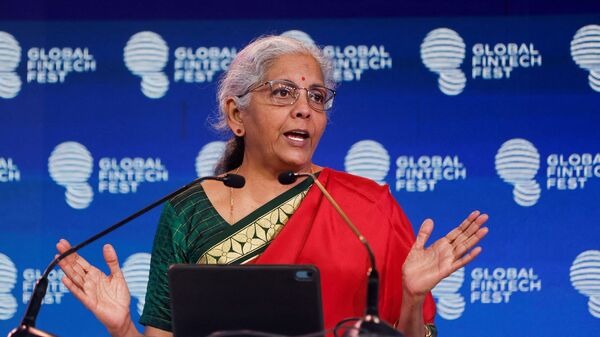New Delhi: A policy aimed at making minerals priced at the same level across the country that existed for four decades up to 1992-93 weakened the incentive for industries to be set up close to mining regions, affecting the development prospects of mineral-rich eastern states, finance minister Nirmala Sitharaman said at a televised press briefing in Patna on Tuesday.
The minister said that the region, which once suffered due to the ‘freight equalisation policy’ is now at the core of the National Democratic Alliance (NDA) government’s development strategy.
“Today we say, we also said it in Parliament on the day of the vote on account, we are building a developed India by 2047 and that journey of progress will powered by all the eastern states,” said Sitharaman.
The minister explained that the freight equalisation policy aimed to encourage factories to be built anywhere in India by subsidizing mineral transportation costs and, as a result, coal mined in Bihar cost the same in Mumbai.
This policy had disastrous effects on states of eastern India as the policy weakened incentives to set up industries close to mining regions, encouraging factories to be set up further away and negatively impacting these states’ economic prospects. That also led to people moving out in search of employment, the minister said.
Also read: Cabinet approves raw jute MSP hike for FY25, industrial development scheme for northeast
The minister explained that the focus on eastern part of India has been a consistent priority for the Modi government, which is captured in the interim budget for 2024-25.
The Modi government has been able to eliminate left-wing extremism in this region to a very large extent with a 76 % decrease in the number of incidents in 2022 compared to 2010.
Sitharaman also said the revival of state-run fertilizer plants in the region under the NDA government was an example of the government’s focus in the region.
The combined capacity of the three fertilizer plants in Barauni, Sindri, and Gorakhpur adds up to 38.1 million tonne a year. The urea plant at Barauni in Bihar was revived at a cost of ₹9,500 crore.


